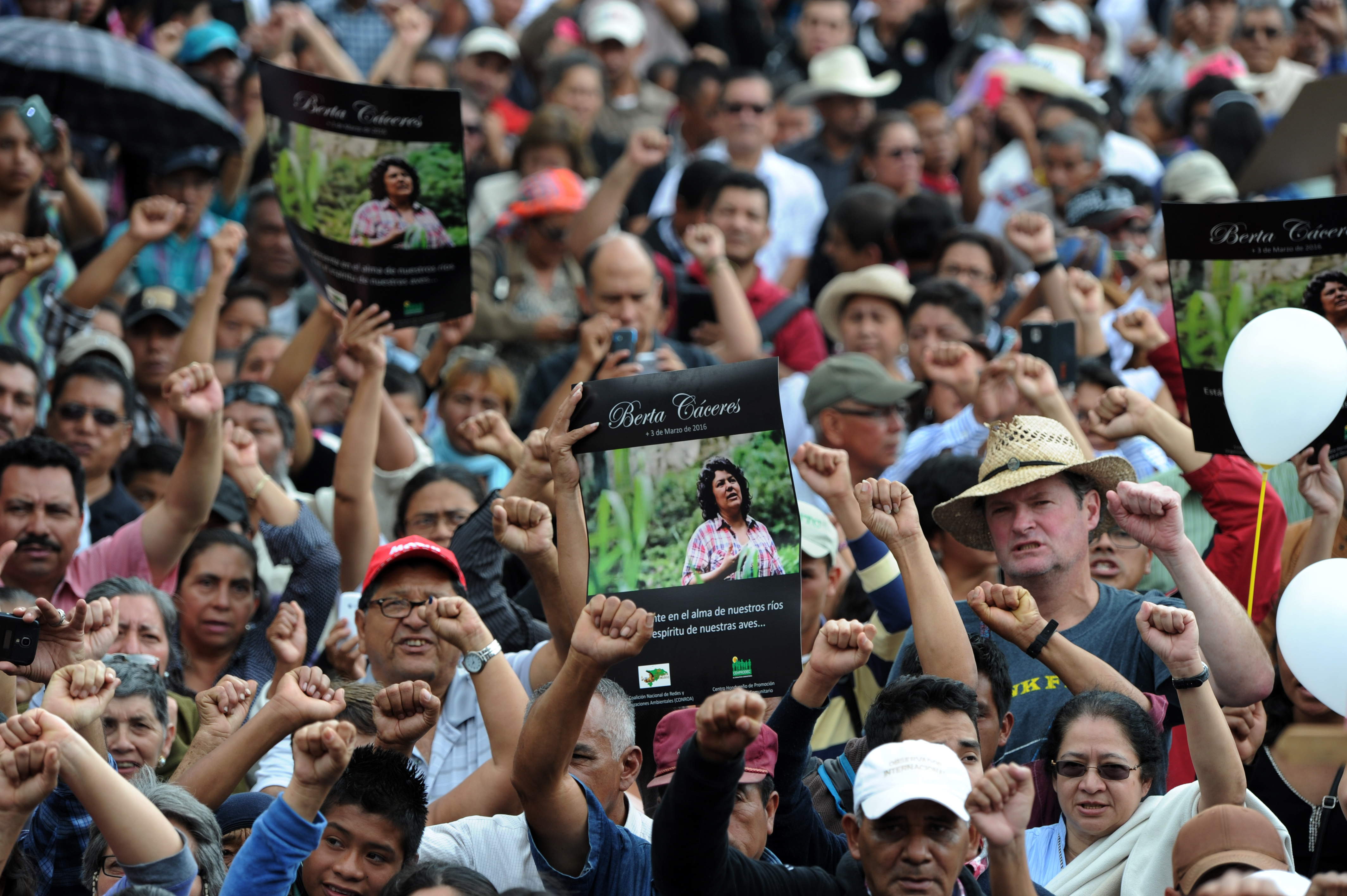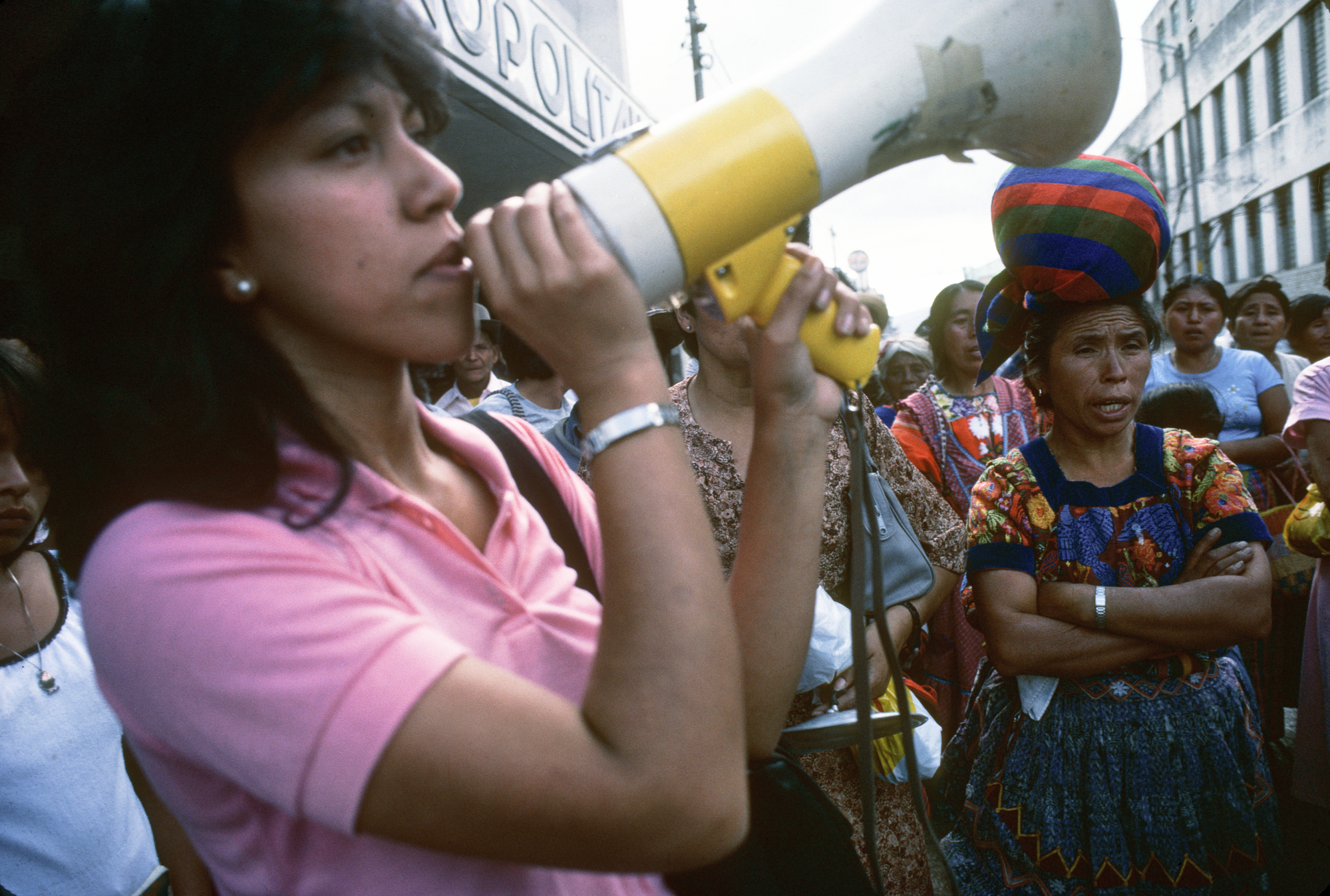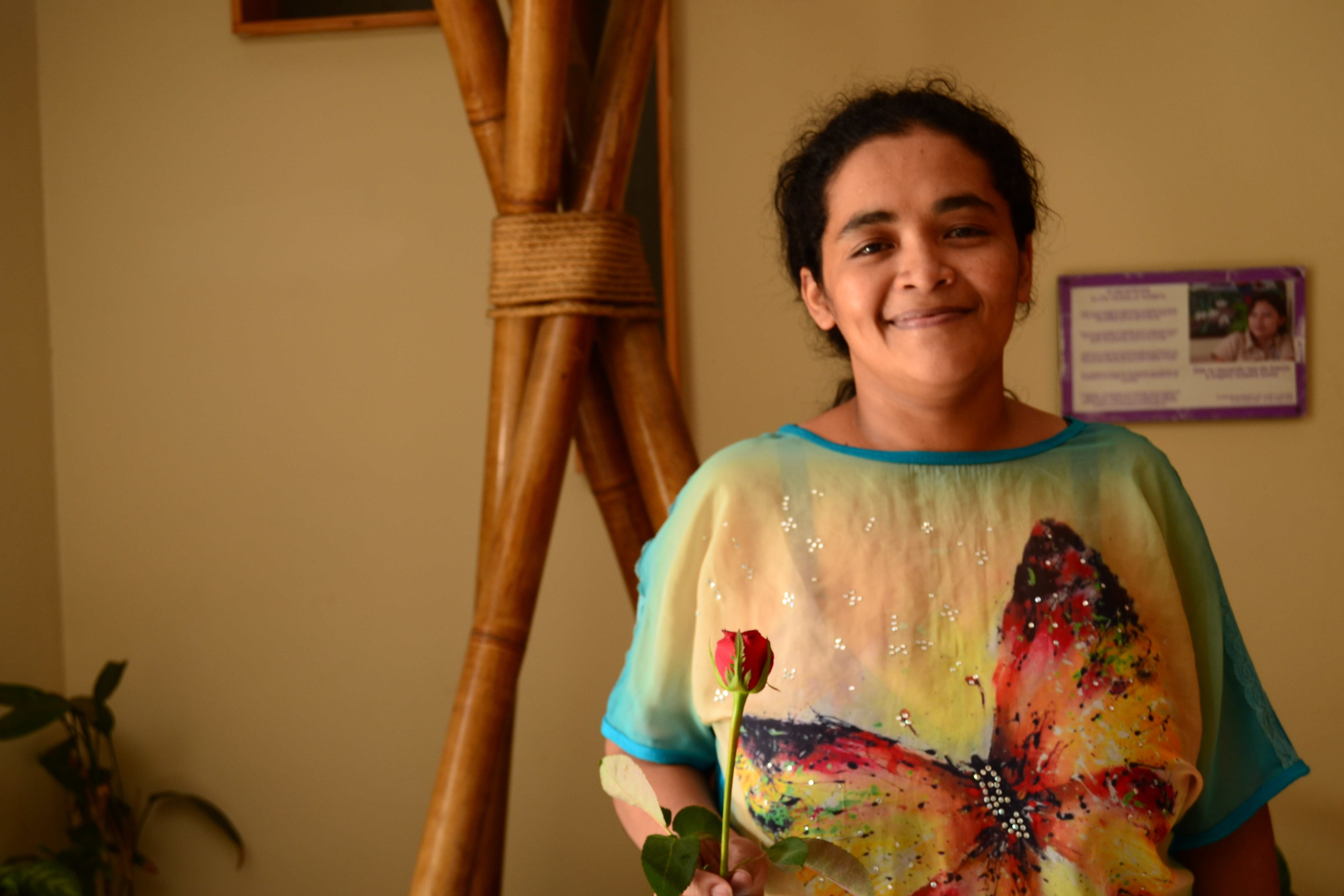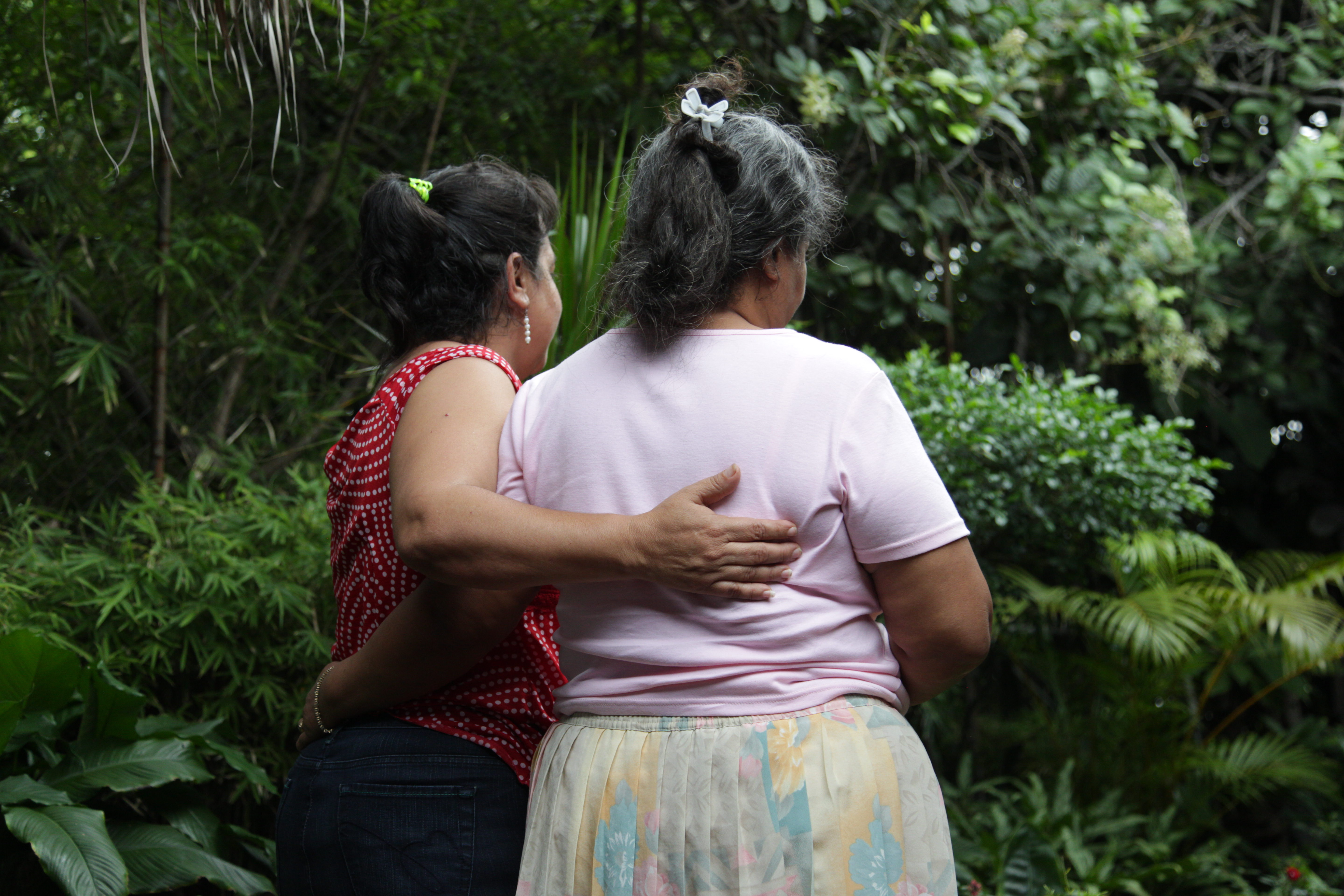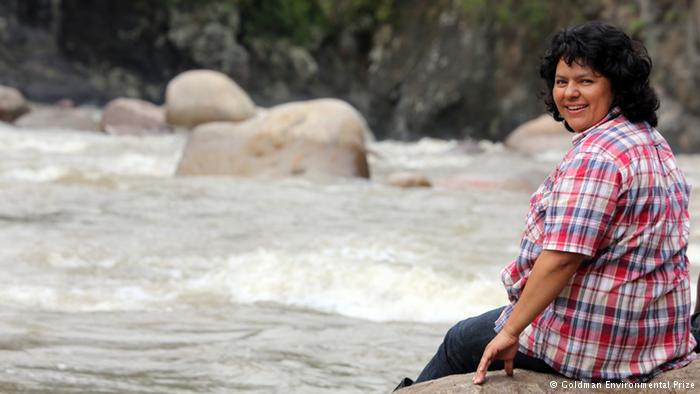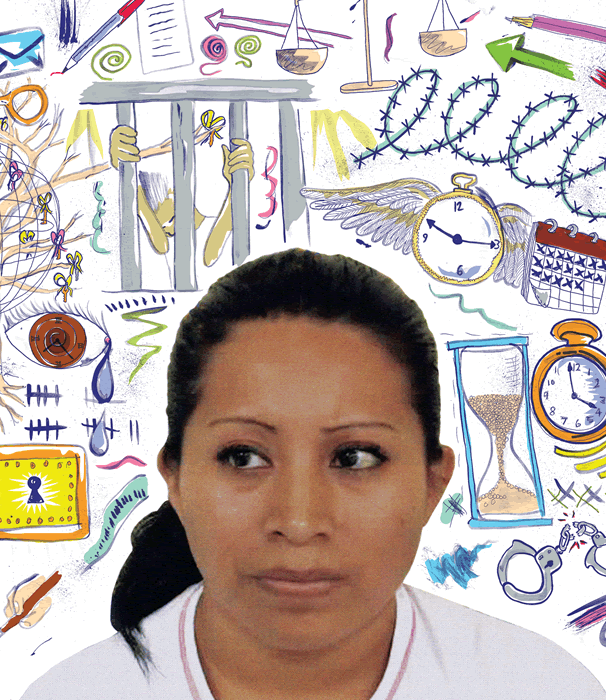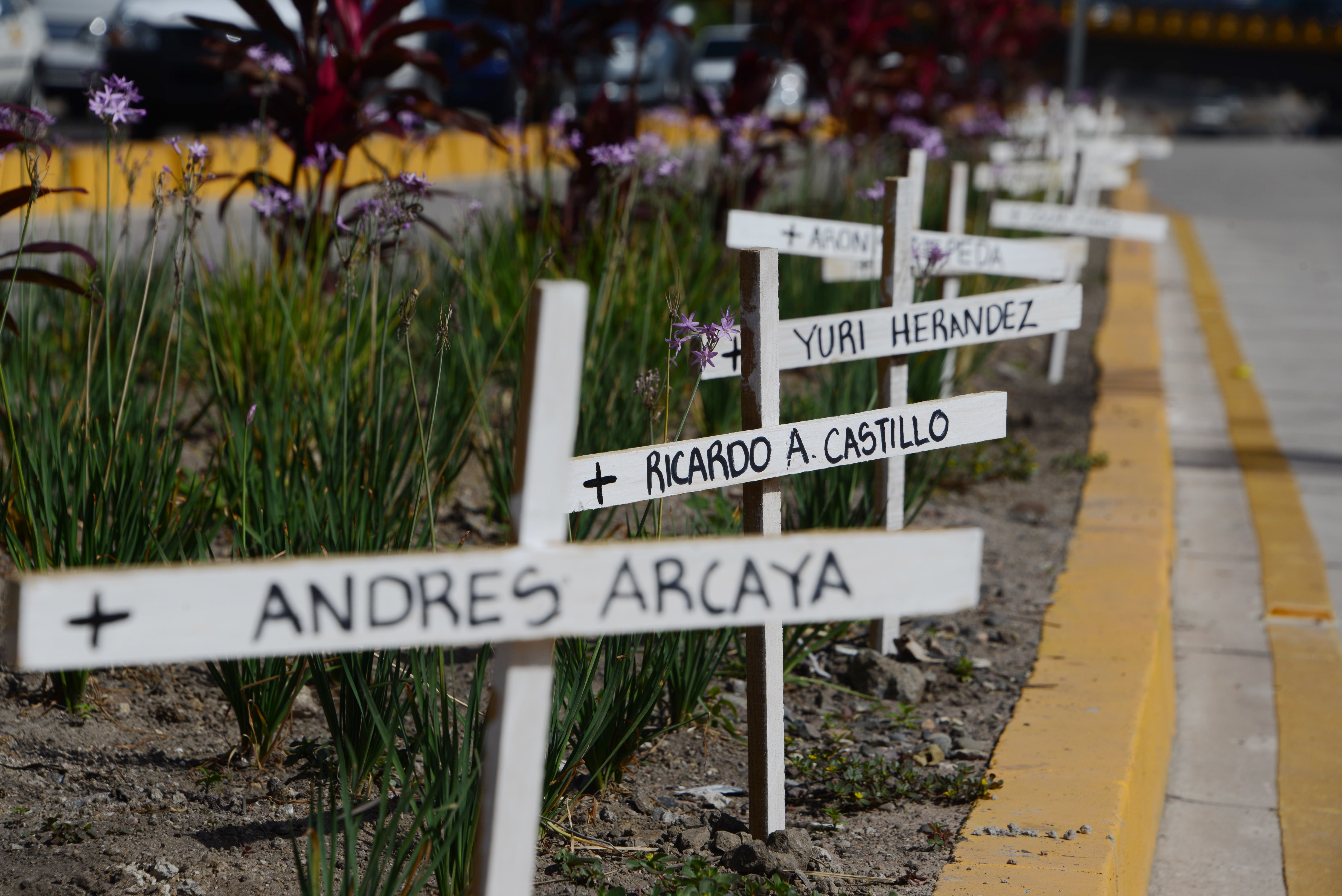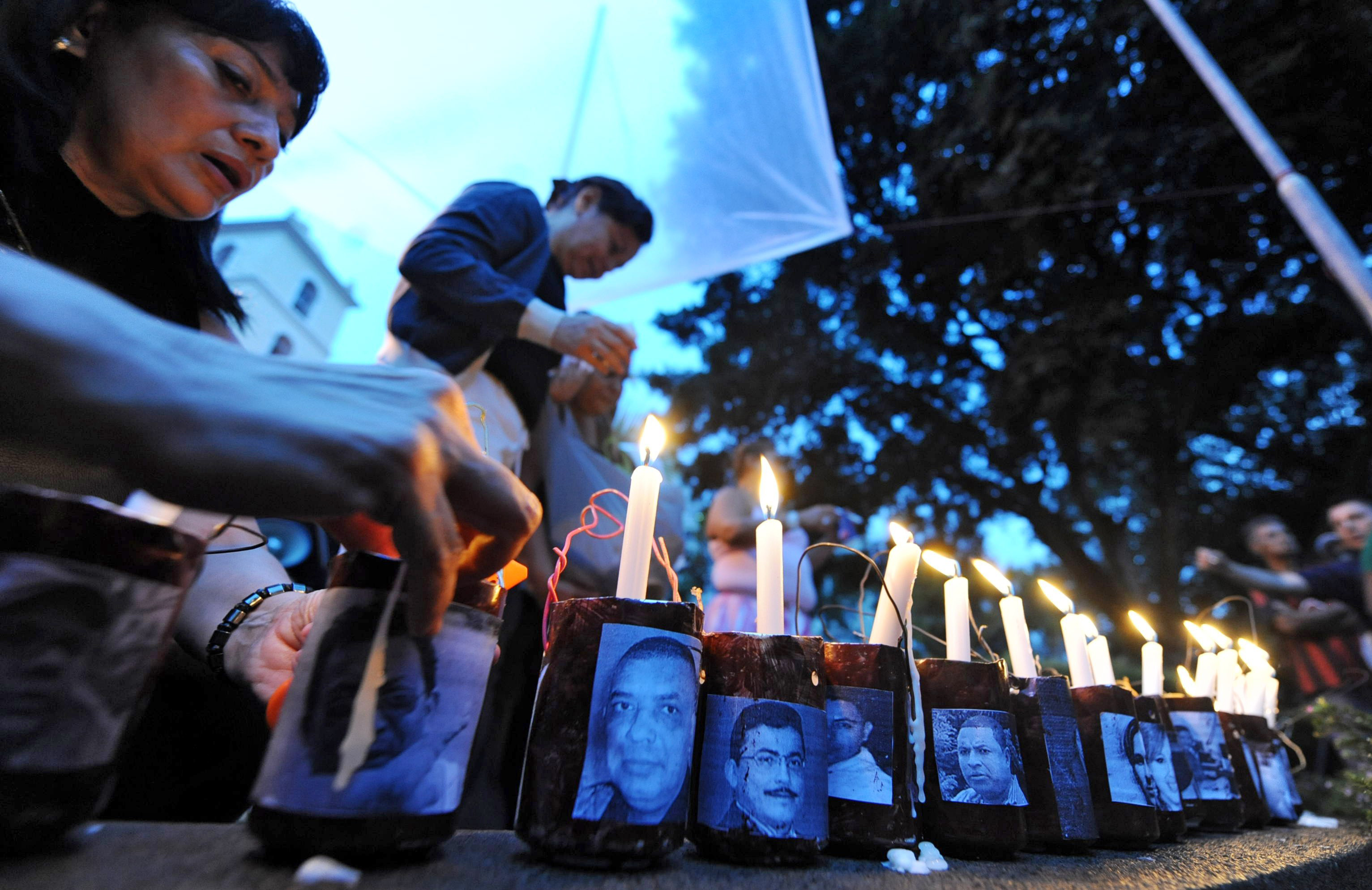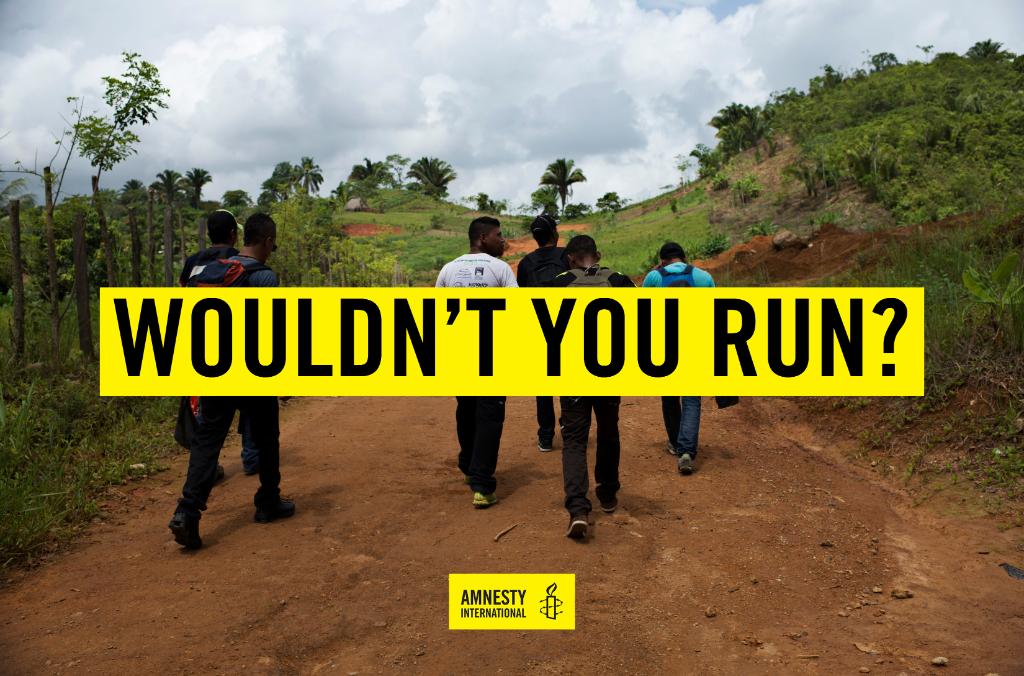
Amnesty International’s new report, Home Sweet Home? Honduras, Guatemala and El Salvador’s Role in a Deepening Refugee Crisis, documents the incredible levels of violence and impunity that are driving tens of thousands of people from these countries (known as the Northern Triangle of Central America) to flee their homes and seek asylum in the United States and Mexico.
It also investigates what happens to those Central Americans who are sent back to their countries of origin—often without receiving a fair hearing regarding the threats to their lives. Unfortunately, it is not easy to find this information: SEE THE REST OF THIS POST
